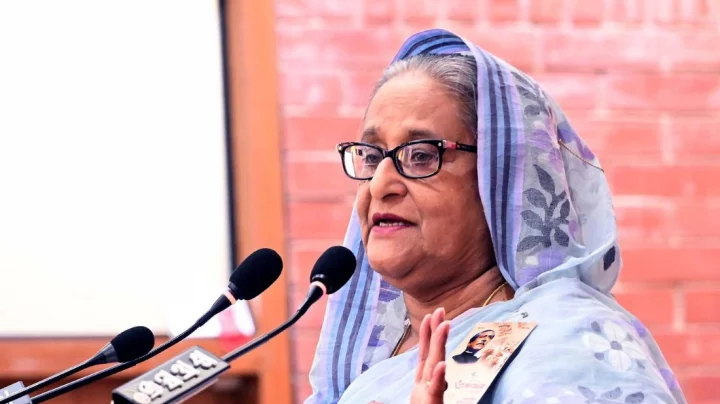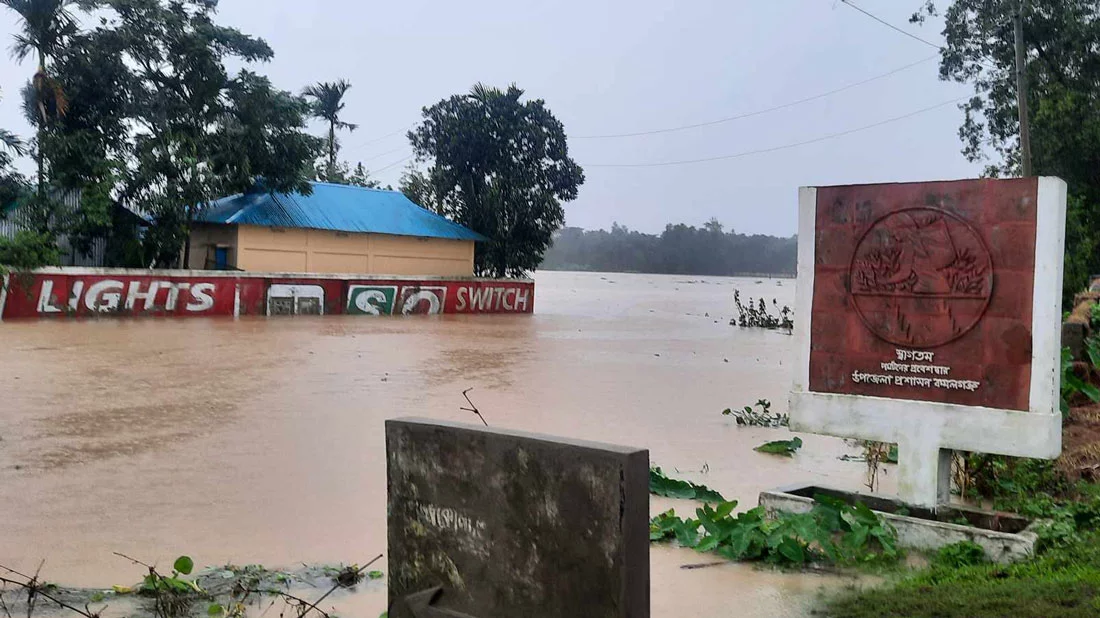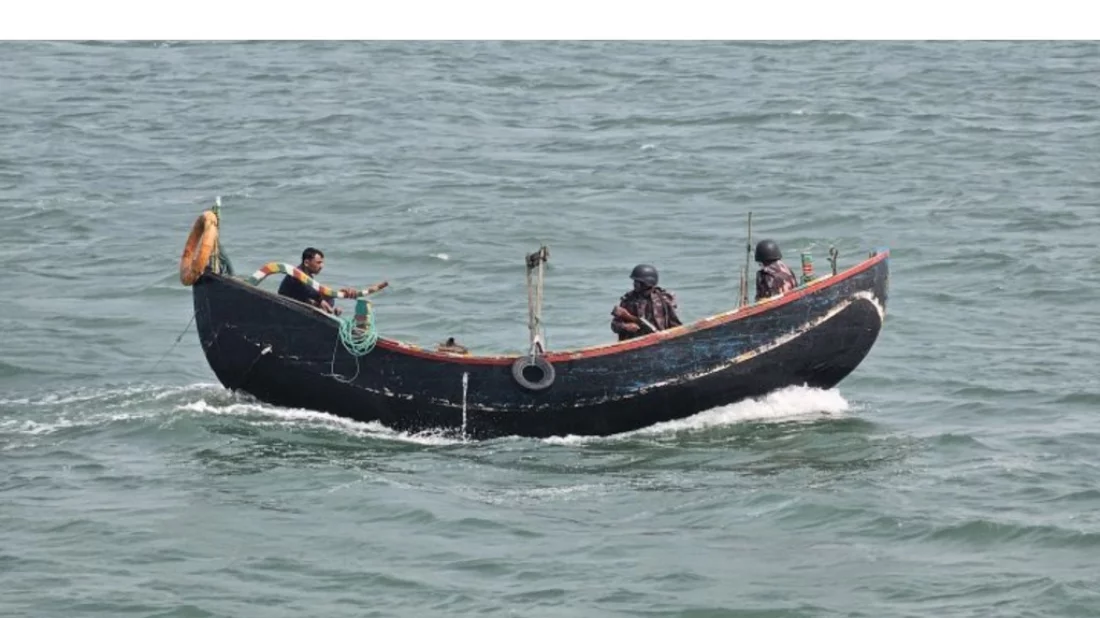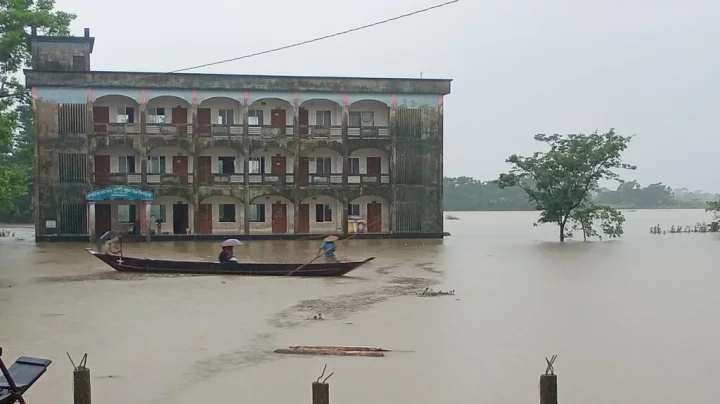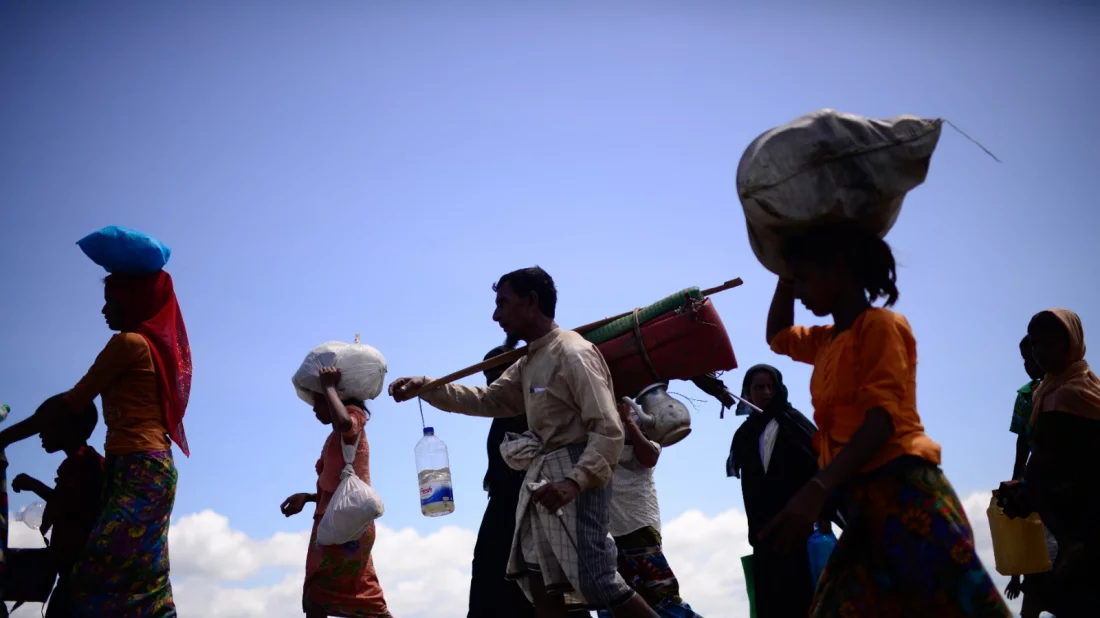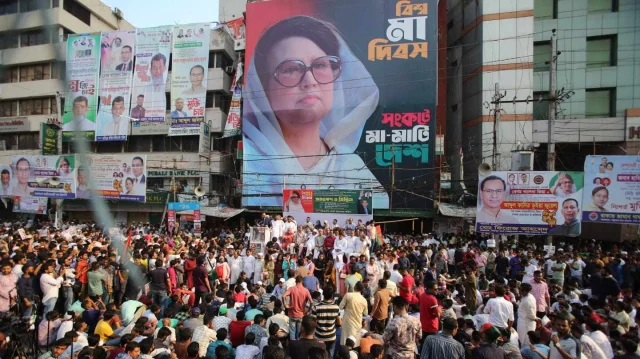
The BNP aims to launch a movement with weekly programs demanding the release of its chief, Khaleda Zia. This is seen as the final stage of the party’s efforts, aiming to transform the campaign for Zia’s release into a significant movement.
Despite suspending its movement demanding a fresh election, the BNP has initiated this new campaign, set to be its ultimate push.
According to BNP sources, the party plans to start an anti-government movement in September-October. Before this, it plans to complete organizational restructuring at various levels, including all party organs and subsidiary organizations.
The party is also discussing its seventh national council, though top leaders indicate it will only occur when the situation is suitable.
The matter of the Central Committee Council of the BNP is under discussion, and Secretary General Mirza Fakhrul Islam Alamgir has emphasized the party's sincerity about the council but highlighted the current hostile environment as a significant challenge.
After losing momentum in its demand for the resignation of the Awami League government and an election under a non-partisan interim government, the BNP on Wednesday announced a new program to demand Khaleda Zia’s release. The three-day program will cover the country, including Dhaka, starting Saturday.
Mirza Fakhrul Islam Alamgir said Khaleda Zia’s imprisonment was a result of political revenge, describing it as illegal and unconstitutional.
He claimed the government was depriving the former prime minister of advanced treatment with an “intent to kill her to maintain power.”
The veteran politician said the BNP would implement necessary programs to build a continuous movement demanding the chairperson’s release.
The movement includes weekly programs at various levels, including Dhaka.
Fakhrul announced the program on Wednesday at a press conference following a joint meeting at the party's central office in Naya Paltan. He stressed that the movement for Khaleda Zia's release must gain momentum and reach its final stage.
A rally in Naya Paltan is scheduled for 3pm on Saturday to demand Khaleda Zia's release. Additionally, rallies will be held on July 1 in metropolitan cities and on July 3 in district cities across the country.
Centred on a Dhaka divisional rally on December 10 last year, the enthusiasm among BNP leaders and activists was high. The party planned to reignite this spirit through various programs in February, transforming it into a movement to topple the government. Later, there was a divisional rally on February 4.
A senior BNP leader noted that whenever the BNP announced a program, the ruling Awami League countered with a programme of its own. “The February 4 rally was a protest against these counter-programs,” the politician said.
Restructuring
Recently, the BNP dissolved committees in Dhaka north and south, Chittagong, and Barisal before Eid. It also disbanded the central Jubo Dal committee, reorganized the Chhatra Dal committee and reshuffled various positions, including the executive committee. The BNP chairperson's foreign affairs advisory committee was also formed.
Expired committees were abolished, with general leaders and activists blaming previous leaders for failures. Meanwhile, central leaders consider the dissolution a normal process.
Discussions with people at various levels of the party revealed that committees are being reorganized to strengthen the movement, with nationwide reunion activities of party leaders and workers underway.
Gayeshwar Chandra Roy, a BNP standing committee member, mentioned that dissolving and forming new committees was an ongoing process. The party could take any decision if responsibilities were neglected, he said, adding that organizational tasks were internal to all parties.
Reactions
However, some field-level activists expressed adverse reactions. A district-level activist criticized the metropolitan committee for neglecting activists and failing to keep track of those in jail.
Another activist hoped new committee members would strengthen the party.
Meanwhile, the BNP's student wing, Chhatra Dal, announced a “partial full” committee on June 15. More leaders and workers would be added to this committee, it said.
But most of its 257 members are not regular students, causing dissatisfaction among regular student activists. Many committee members are in their thirties and irregular in their studies.
Besides, 21 women were included in the committee.
A student activist expressed disappointment that active members had not secured committee positions.
A former Chhatra Dal leader, and now a mid-level BNP leader, said since the Awami League came to power, Chhatra League, its student wing, had prevented Chhatra Dal from entering campuses, reducing recruitment opportunities.
There was also fear of harassment, assaults and cases for those associated with Chhatra Dal, and leaders tended to be older for practical reasons, he explained.
He added that to strengthen all movements, organizational unity at all levels was essential, leading to the restructuring of Chhatra Dal and other committees.



